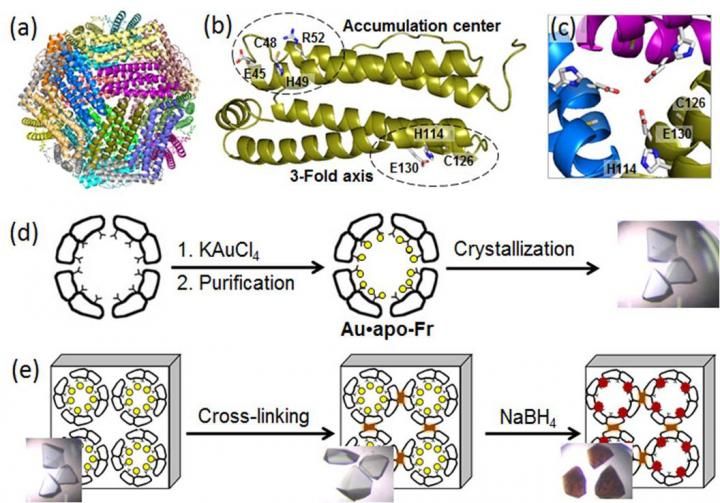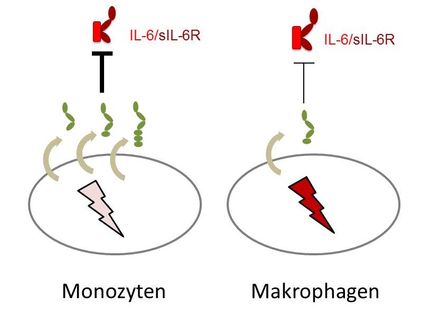New mechanism that leads to inflammation in rheumatoid arthritis discovered
New research findings suggest that synovial CD4+ T cells that produce IL-21 contribute to joint inflammation by activating synovial fibroblasts in rheumatoid arthritis patients. Understanding the mechanisms of inflammation in rheumatoid arthritis is important for the design of new therapies for this disease.
"Patients with rheumatoid arthritis with active disease (inflamed joints) have difficulty for instance in using their hands and also with walking," said Maria Cristina Lebre, Ph.D., a researcher involved in the work from the Academic Medical Center at the University of Amsterdam, Department of Experimental Immunology in Amsterdam, The Netherlands. "New targeted therapies such as that proposed in this study (decrease in inflammation) will certainly improve the quality of life of patients by increasing their mobility."
Using a novel isolation method, scientists isolated T cells from synovial fluid from patients with rheumatoid arthritis that produced IL-21 and TNF and compared these with cells that did not produce this cytokine. When cells that produced IL-21 were put in culture with synovial fibroblasts (which are the main contributors to joint inflammation in rheumatoid arthritis), they induced the production of proinflammatory cytokines by these synovial fibroblasts, and cells that do not produce IL-21, did not demonstrate this same outcome. The results of this study suggest that a combined therapy targeting IL-21 and TNF might be beneficial for patients that do not respond to anti-TNF therapy or other current therapies. This research could also have an impact on other diseases such as systemic lupus erythematosus, systemic sclerosis and Crohn's disease.
"Patients with rheumatoid arthritis often become refractory to treatment provoking the need to try different drugs targeting different pathways," said John Wherry, Ph.D., Deputy Editor of the Journal of Leukocyte Biology. "The identification of a new inflammatory target in rheumatoid arthritis holds promise for better treatment for these patients and perhaps those with other autoimmune or inflammatory diseases."
Original publication
Maria C. Lebre, Pedro L. Vieira, Man Wai Tang, Saïda Aarrass, Boy Helder, Thomas Newsom-Davis, Paul P. Tak and Gavin R. Screaton; "Synovial IL-21/TNF-producing CD4+ T cells induce joint destruction in rheumatoid arthritis by inducing matrix metalloproteinase production by fibroblast-like synoviocytes"; Journal of Leukocyte Biology; 2017
Most read news
Original publication
Maria C. Lebre, Pedro L. Vieira, Man Wai Tang, Saïda Aarrass, Boy Helder, Thomas Newsom-Davis, Paul P. Tak and Gavin R. Screaton; "Synovial IL-21/TNF-producing CD4+ T cells induce joint destruction in rheumatoid arthritis by inducing matrix metalloproteinase production by fibroblast-like synoviocytes"; Journal of Leukocyte Biology; 2017
Topics
Organizations
Other news from the department science

Get the life science industry in your inbox
By submitting this form you agree that LUMITOS AG will send you the newsletter(s) selected above by email. Your data will not be passed on to third parties. Your data will be stored and processed in accordance with our data protection regulations. LUMITOS may contact you by email for the purpose of advertising or market and opinion surveys. You can revoke your consent at any time without giving reasons to LUMITOS AG, Ernst-Augustin-Str. 2, 12489 Berlin, Germany or by e-mail at revoke@lumitos.com with effect for the future. In addition, each email contains a link to unsubscribe from the corresponding newsletter.
Most read news
More news from our other portals
Last viewed contents
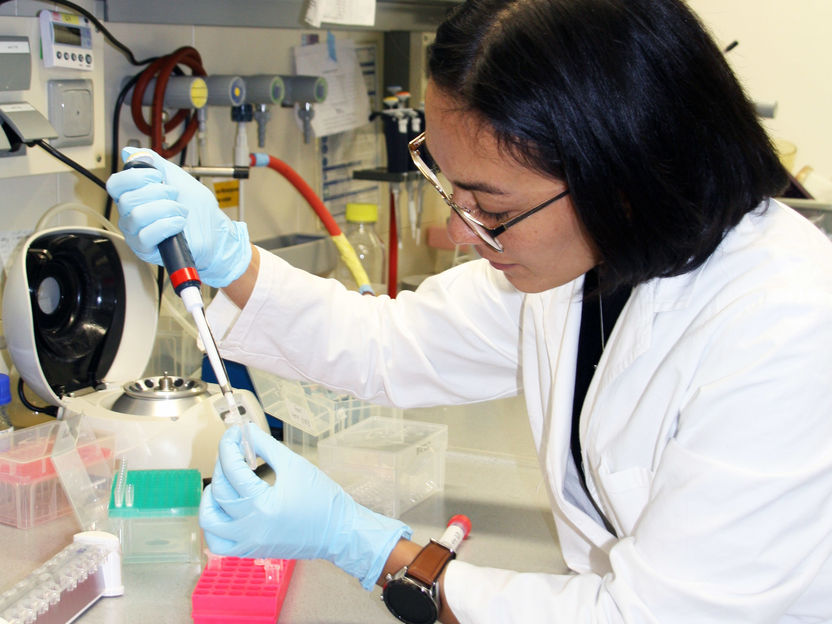
On the trail of self-healing processes - Biochemists reveal insights into extraordinary regenerative ability
Thyroid-stimulating_hormone
Fetal_trimethadione_syndrome
Fipamezole Transition from Biovail completed - Program Well Advanced Towards Phase III
Fitness_(biology)
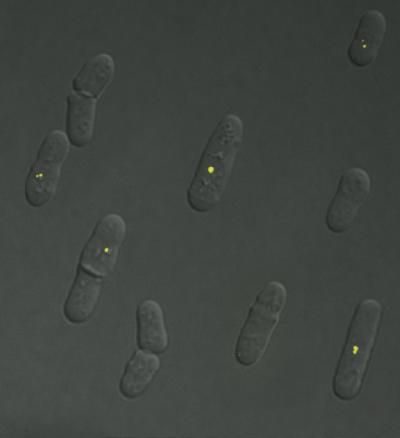
How a molecular Superman protects the genome from damage - Scientists find a new role for RNAi protein Dicer in preventing collisions during DNA replication
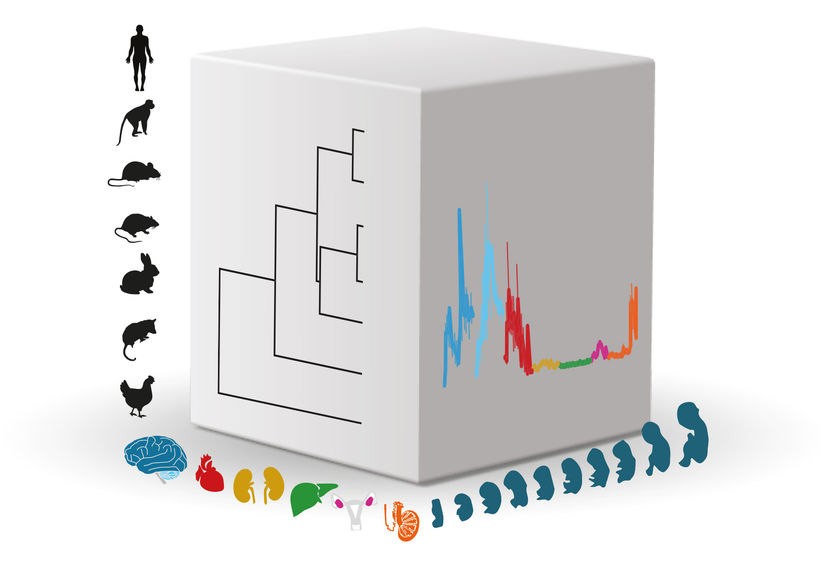
Networks of Gene Activity Control Organ Development
AIDS_advocacy

Evotec completes acquisition of Rigenerand
